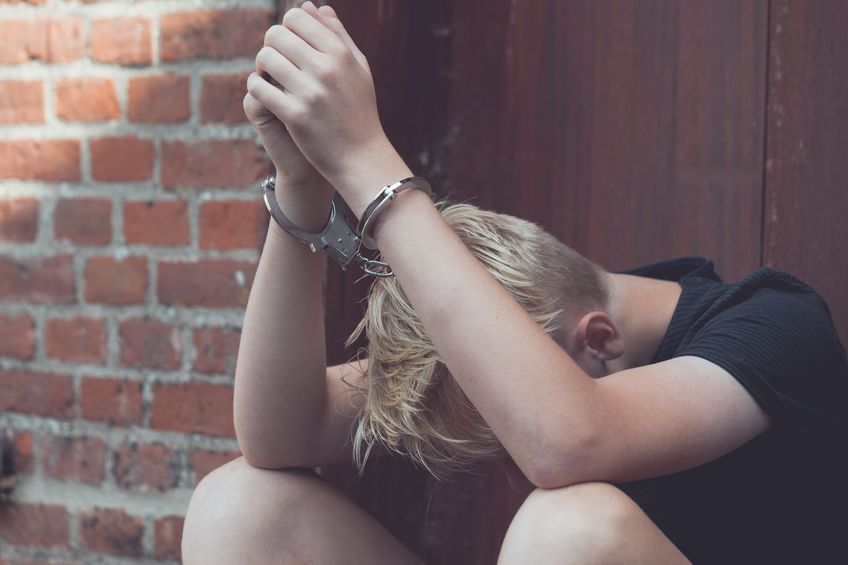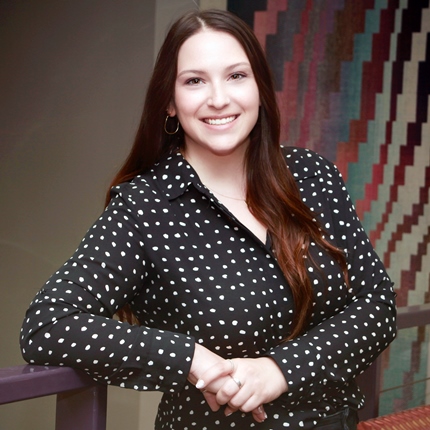
In Wisconsin, Juvenile Offenders May Be Tried as Adults — Even if They’re Younger Teens
When can a juvenile be tried as an adult in Wisconsin?
Wisconsin has clear-cut rules about treating juvenile offenders as adults, which means that age is not enough in the state to protect a younger person from facing adult penalties. The state distinguishes between situations in which rehabilitation may be possible and may be a better alternative, and it also allows jurisdictions to make exceptions to what the law might otherwise require.
“Adult” Begins at 17
If the offender was 17 or older when the crime was committed, they will be tried as an adult. That’s one of the hard-and-fast rules in Wisconsin, with no exceptions to reduce the penalties to those that a juvenile might face.
Between 15 and 16
Those who were 15 or 16 when the crime was committed could be tried as adults, but the court has the option of treating the case as a serious juvenile offense. Even if the juvenile commits acts that could be considered felonies that should receive adult penalties, the court has the discretion to turn the juvenile over to a serious juvenile offender program, where the juvenile will be monitored either for five years, if the felony is Class B or C, or until the age of 25, if the felony is Class A.
At 14 Years Old
Any juvenile offender who was at least 14 when the crime was committed can be tried as an adult instead of as a juvenile, as long as the juvenile court allows it. The district attorney would need to ask the juvenile court to approve the change.
Younger Than 14
Two more situations can land a juvenile in adult court. One is if someone over the age of 10 is accused of specific murder/homicide charges. The other is if the accused is in juvenile custody but assaults someone (or is accused of assault).
If your family member is a juvenile who has been accused of a crime that could force them to be tried as an adult, contact Eisenberg Law Offices at 608-256-8356. An attorney can evaluate the case and see if there’s a way to keep the accused in juvenile court.







